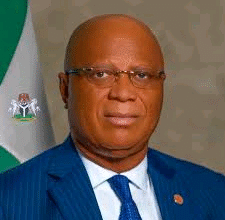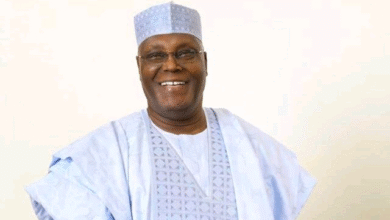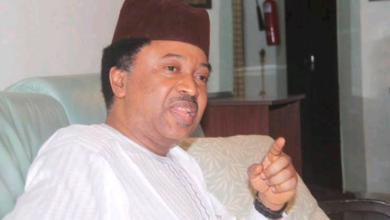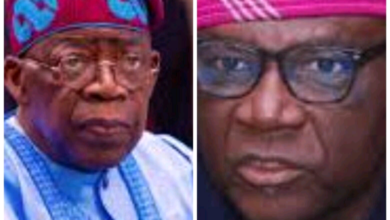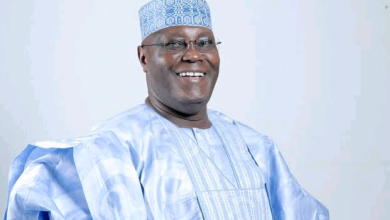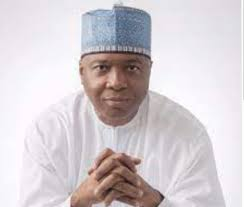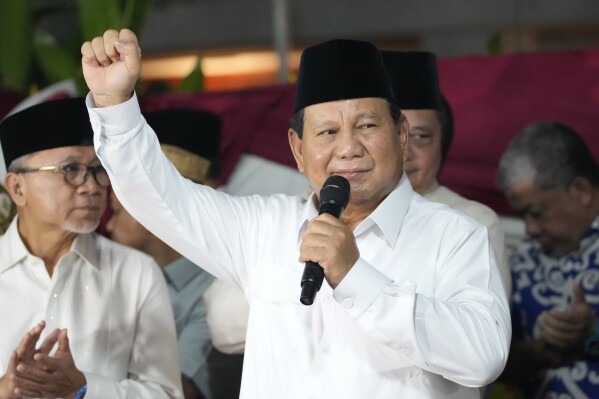
Indonesia’s Prabowo Subianto has been elected president of the world’s third-biggest democracy, the elections commission said Wednesday, beating two rivals who have vowed to file legal complaints about the vote.
The fiery defence minister and his vice presidential running mate Gibran Rakabuming Raka — eldest son of outgoing leader Joko Widodo — already declared victory last month after unofficial counts showed them winning a majority.
They were officially confirmed as winners Wednesday after receiving more than 96 million votes, commission chairman Hasyim Asy’ari said, roughly 58.6 percent of the total and enough to secure a first-round majority.
“This decision is effective immediately as of March 20,” Asy’ari said.
Former Jakarta governor Anies Baswedan secured 24.9 percent of the vote, while former Central Java governor Ganjar Pranowo received more than 16 percent.
More than 164 million Indonesians voted, representing around an 80 percent turnout of eligible voters.
Prabowo, 72, was widely predicted to win the presidency on his third attempt. He takes over in October after a transition period.
Speaking outside his house in the capital Jakarta to thunderous applause from supporters, Prabowo thanked Indonesians and his party for helping him rise to the country’s highest office.
“We are grateful to the God Almighty for the official announcement from the KPU on the results of the election,” he said, referring to the elections commission.
“We would like to convey our gratitudes and the highest appreciation for all the people of Indonesia who have exercised their rights to vote.”
His popularity soared because of what experts said was his nationalist verve in populist speeches, strongman credentials as defence minister and backing from Widodo, more popularly known as Jokowi.
Prabowo also offered his thanks to Jokowi, a former rival against whom he lost two election battles in 2014 and 2019.
US Secretary of State Antony Blinken quickly offered “sincere congratulations” to Prabowo, saying Washington looked “forward to partnering closely” with the ex-general, who was once placed on a US visa blacklist.
German Chancellor Olaf Scholz said in a statement that he looked forward “to deepening our strategic partnership even further” on issues such as climate change.
And France said in a statement from its foreign ministry that it “attaches priority importance to reinforcing its relations with Indonesia and stands ready to work with Mr. Prabowo Subianto” to deepen the two countries’ strategic partnership.
Prabowo’s rivals, Anies and Ganjar, have vowed to submit a complaint to the Constitutional Court about allegations of election irregularities and fraud.
Anies confirmed after results were announced that he would file a complaint to the court.
“A leader that was born out of a process tainted by cheating and violations will result in a regime that will produce policies that are full of unfairness, and we don’t want this to happen,” he said in a statement.
But Prabowo’s legal team is confident the result will not be successfully challenged because of his wide margin of victory, local media reported Tuesday.
Indonesia held one of the world’s biggest single-day elections last month, featuring hundreds of thousands of candidates vying for the presidency, parliamentary seats and local legislator positions.
After failing as a vice presidential candidate in 2009 and presidential candidate in 2014 and 2019, Prabowo rode to victory this time with Jokowi’s support.
The campaign was punctuated by accusations of ethical violations and interference by Jokowi, who critics said manoeuvered to install a political dynasty through his son before leaving office.
“Jokowi is the X factor that heavily influenced Prabowo’s victory,” said Firman Noor, politics professor at the National Research and Innovation Agency.
He has also tried to please Prabowo, experts say, by making him an honorary four-star general as the outgoing leader bids to keep his influence under the new administration.
Indonesia’s next president has also weathered allegations from rights groups and his former bosses that he played a role in the disappearance of student activists in the late 1990s at the end of dictator Suharto’s rule.
Between 1997 and 1998, when some kidnappings took place, Subianto led the elite army force known as Kopassus, used by Jakarta for special operations aimed at tamping down internal unrest. More than a dozen activists were never found.
He was discharged from the military over the kidnappings but has denied direct responsibility and the accusations appeared to have little impact on his electoral hopes this time.
Prabowo will inherit Southeast Asia’s largest economy, which is enjoying around five percent growth annually.
There is voter optimism about the economy and Prabowo has pledged to carry on Jokowi’s resource nationalism, which seeks to turn Indonesia into a global nickel powerhouse.
Others are less sure about the security of the country’s young democracy.
“I see the future of democracy becoming even bleaker during Prabowo’s time,” said Hurriyah, director of the University of Indonesia’s Center for Political Studies.


